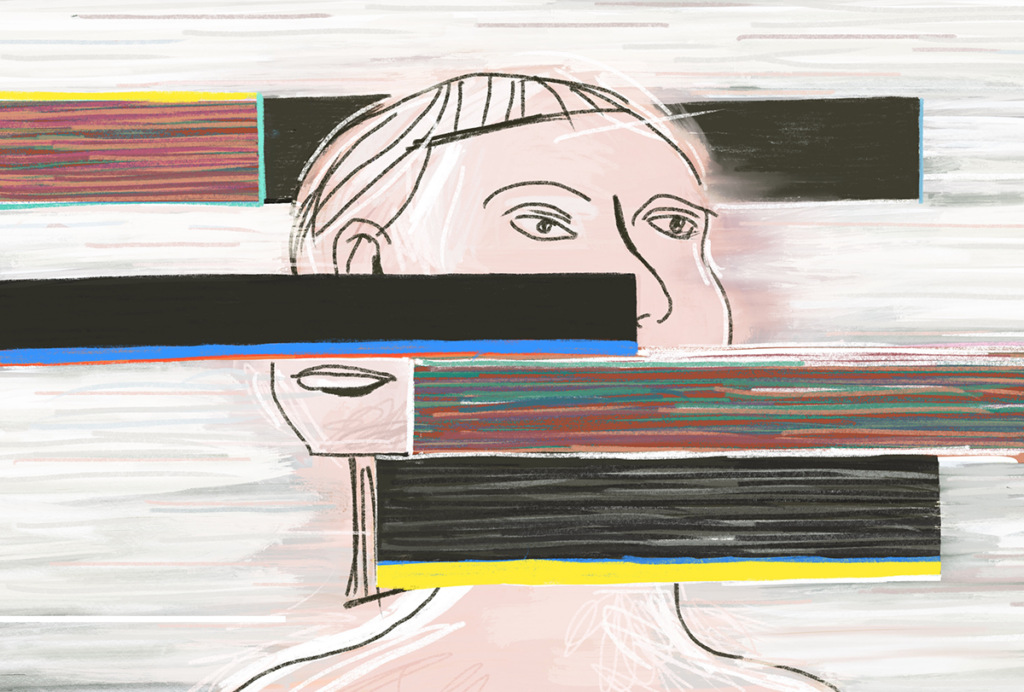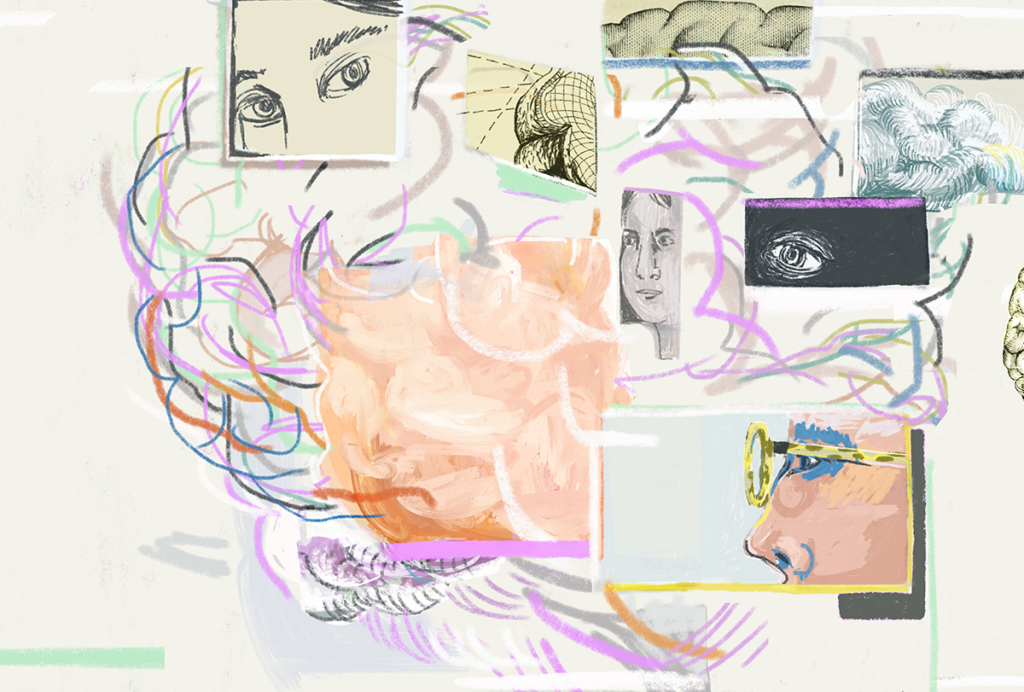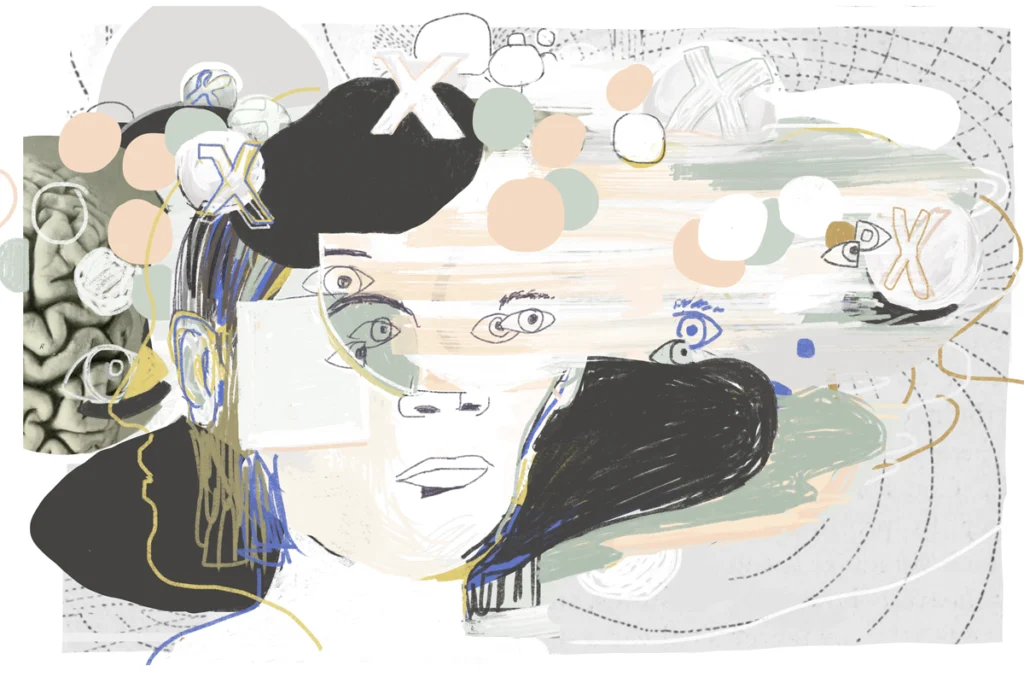Veronyka Jelinek
Illustrator
From this contributor
Keep sex as a biological variable: Don’t let NIH upheaval turn back the clock on scientific rigor
Even in the absence of any formal instruction to do so, we should continue to hold our ourselves and our neuroscience colleagues accountable for SABV practices.
Revisiting sex and gender in the brain
To conduct scientifically accurate and socially responsible research, it is useful to think of “sex” as a complex, multifactorial and context-dependent variable.
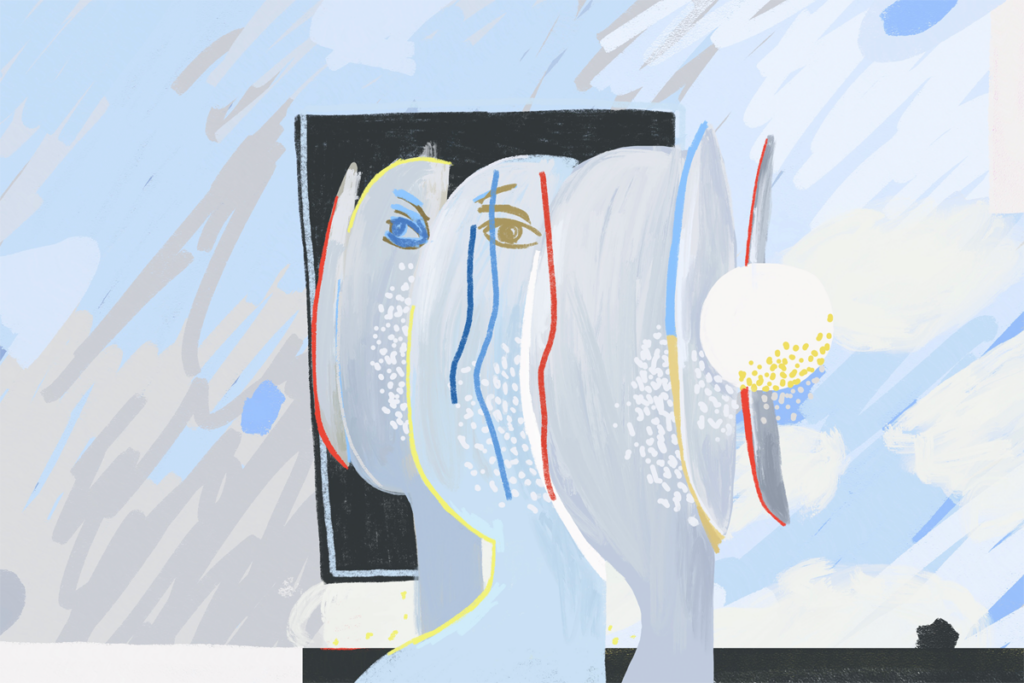
Revisiting sex and gender in the brain
Males and females show different patterns of risk for brain-based conditions. Ignoring these differences does us all a disservice.
Although studying sex differences in the brain is complex, technically awkward and socioculturally loaded, it is absolutely essential.
Premature declarations on animal consciousness hinder progress
Overstating the evidence in support of animal consciousness could impede efforts to develop more accurate ways of assessing it.
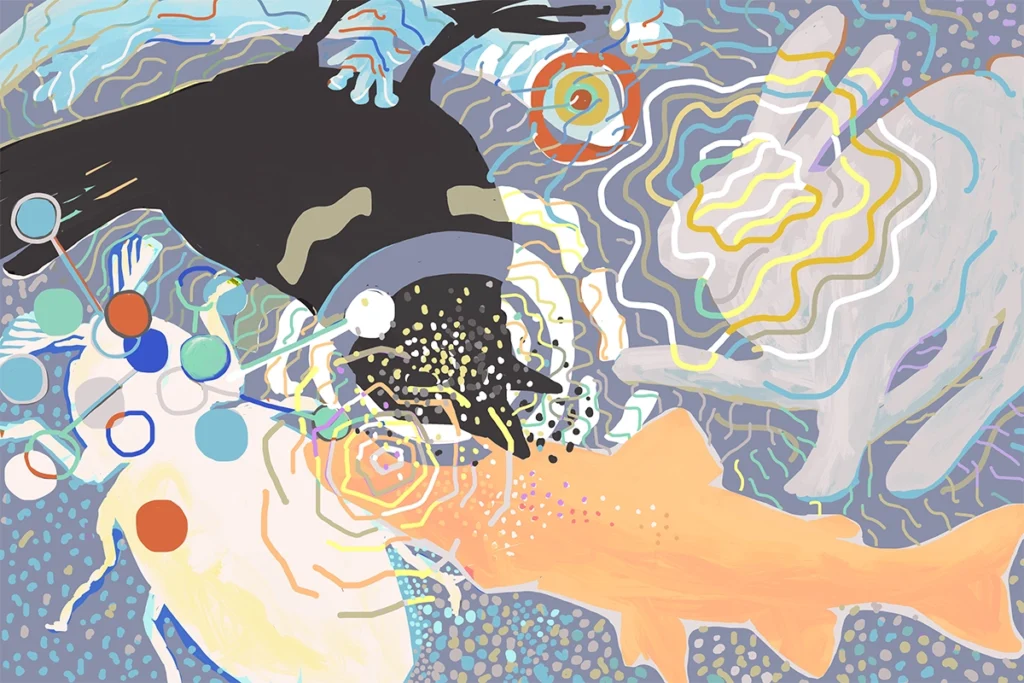
Premature declarations on animal consciousness hinder progress
Brains, biases and amyloid beta: Why the female brain deserves a closer look in Alzheimer’s research
New results suggest the disease progresses differently in women, but we need more basic science to unpack the mechanisms involved.
Explore more from The Transmitter
This paper changed my life: Ishmail Abdus-Saboor on balancing the study of pain and pleasure
A 2013 Nature paper from David Anderson’s lab revealed a group of sensory neurons involved in pleasurable touch and led Abdus-Saboor down a new research path.

This paper changed my life: Ishmail Abdus-Saboor on balancing the study of pain and pleasure
A 2013 Nature paper from David Anderson’s lab revealed a group of sensory neurons involved in pleasurable touch and led Abdus-Saboor down a new research path.
Sex bias in autism drops as age at diagnosis rises
The disparity begins to level out after age 10, raising questions about why so many autistic girls go undiagnosed earlier in childhood.

Sex bias in autism drops as age at diagnosis rises
The disparity begins to level out after age 10, raising questions about why so many autistic girls go undiagnosed earlier in childhood.
Microglia implicated in infantile amnesia
The glial cells could explain the link between maternal immune activation and autism-like behaviors in mice.

Microglia implicated in infantile amnesia
The glial cells could explain the link between maternal immune activation and autism-like behaviors in mice.
